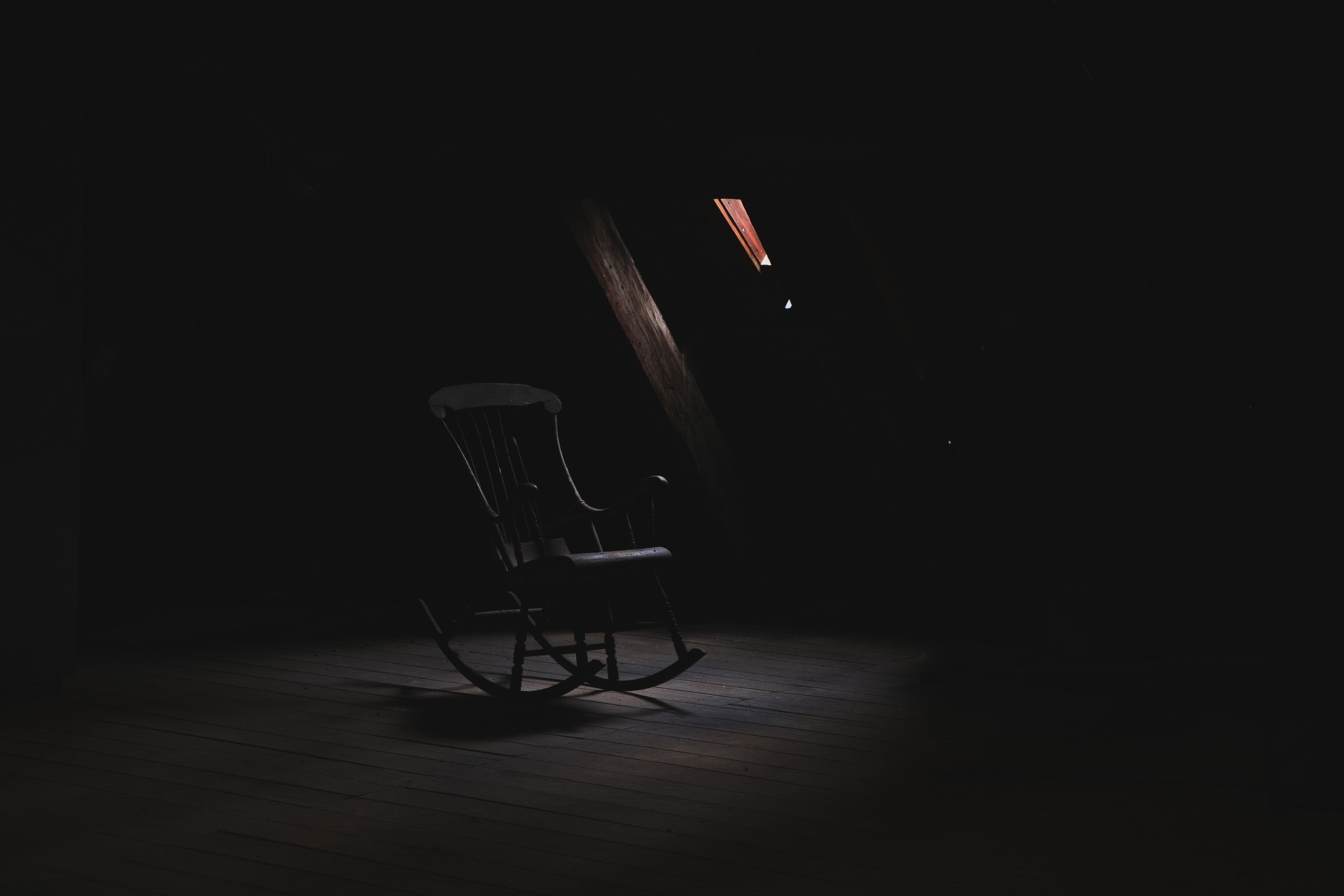It really does take a village to raise a child
I can still see her looking at me accusingly—“Why didn’t you tell me how bad this was going to be?” Sigh. I couldn’t tell her how bad it could be because every child is different as is every parenting journey AND because I couldn’t tell her how good it could be. What I do try and say is that you will need help. That there is nothing more useful than a second pair of hands. That the first six weeks are particularly intense. That you need to take a deep breath, dive in but not to forget to come up for air!
So, were you ever going to tell me just how bad it could be?
Some have a dream run. The pregnancy is uneventful, the birth everything they hoped for, their baby is a sound sleeper, good feeder and a contented soul. They have support of family and friends and are back on their feet in next to no time. This is not for them.
This is for those who struggle. Who never knew they could feel this tired and still be breathing. Whose babies don’t settle despite trying (almost) everything anyone suggests. Who may not have family and friends close by, indeed whose network is interstate or overseas, who simply have no support or whose support is just not enough. This is for you.
How is it physically possible to be this tired?
Please know this is not forever. It will pass. Now is the time, however, to call in all favours. Family, friends, neighbours, playgroups, mothers groups, community groups, church groups, virtual groups, online and telephone support. Reach out and get help. DO NOT attempt to do this all on your own, because it is really, really hard. You can be a good mother and still be exhausted, exasperated, disorganised, desperate, anxious, sad, angry, worried, depressed and the house can look like a bomb hit it.
You don’t have to have it all together to do it right. Besides, who defines what “right” is anyway? Is baby fed? Their bottom clean? Are you fed? Are you getting enough fluids and nutrients? That is a great start and we can build on that. If the answer to any of those questions is no, please get help—if you have no family or friends who can help you, and even if you do, know that you can talk to your midwife, doctor or early childhood nurse about getting assistance.
Some days just don’t end up the way you thought they would….
While most newborns sleep for 15 hours a day, some babies sleep for as little as 9 hours and mostly they sleep in 40 minute cycles with much more light sleep (which means they twitch and move while asleep) than you and I. It is unusual for a newborn to sleep for more than 2-3 hours at a time and many sleep less than that. Their tummies are tiny and they need to feed lots and lots. Some go straight back to sleep after a feed, others stay awake, looking around or simply fussing unless they are held. Or fussing, even if they are held! This means lots of broken sleep, usually for mum, but typically for the whole household.
Some days the crying simply doesn’t seem to stop
Tip #1: Recovery times vary and are dependent upon how the pregnancy and birth was, but for many women, it takes four to six weeks or so to physically recover and for feeding to be established and into a good rhythm. Allow yourself that time. Structure it into your plans. Who will be able to help you during this time? Someone who can help with shopping, cooking, cleaning, washing can make all the difference. No one to help? Can you organise ahead of time or use online shopping with home delivery? Meals delivered or stocked up in the freezer, homemade or from the supermarket? Can your partner, family member or friend help and if not, can you afford a cleaner for the first few weeks? Ironing is always optional.
Tip #2: Sleep when they sleep. Seriously. The housework will wait. It can be exhausting being up and down all night — catch up during the day.
Tip #3: Chart your own course. Don’t think you have to follow this routine or that blog (including this one!) What suits you? Your situation? Your family? Fed is essential. Clean bottom is important. Everything else is a bonus.
Tip #4: Who are your trusted go-to people? Now is the time to call on them for assistance. If you don’t have any go-to people, there are help lines and community supports. Access them. Ask your midwife, doctor, hospital or early childhood nurse for advice and support.
Tip #5: Chose wisely. If the advice you have been given is way off the mark and sits uncomfortably with you, get another opinion.
Tip #6: If baby has to fit around your busy schedule and you feel guilty, remember that babies #2 and above have to fit around the household schedule, that babies are adaptable and will survive scheduling clashes.
Song for a fifth child
Oh, cleaning and scrubbing will wait till tomorrow,
But children grow up, as I've learned to my sorrow.
So quiet down, cobwebs. Dust, go to sleep.
I'm rocking my baby. Babies don't keep.
Ruth Hulburt Hamilton
If you like books, Becoming Mum by Dr Koa Whittingham, PhD is a good read. If you have an unsettled child, I recommend The discontented little baby book by Dr Pamela Douglas. There are apps for that—What were we thinking and Smiling Mind
Help is available. Please seek and then accept it.





